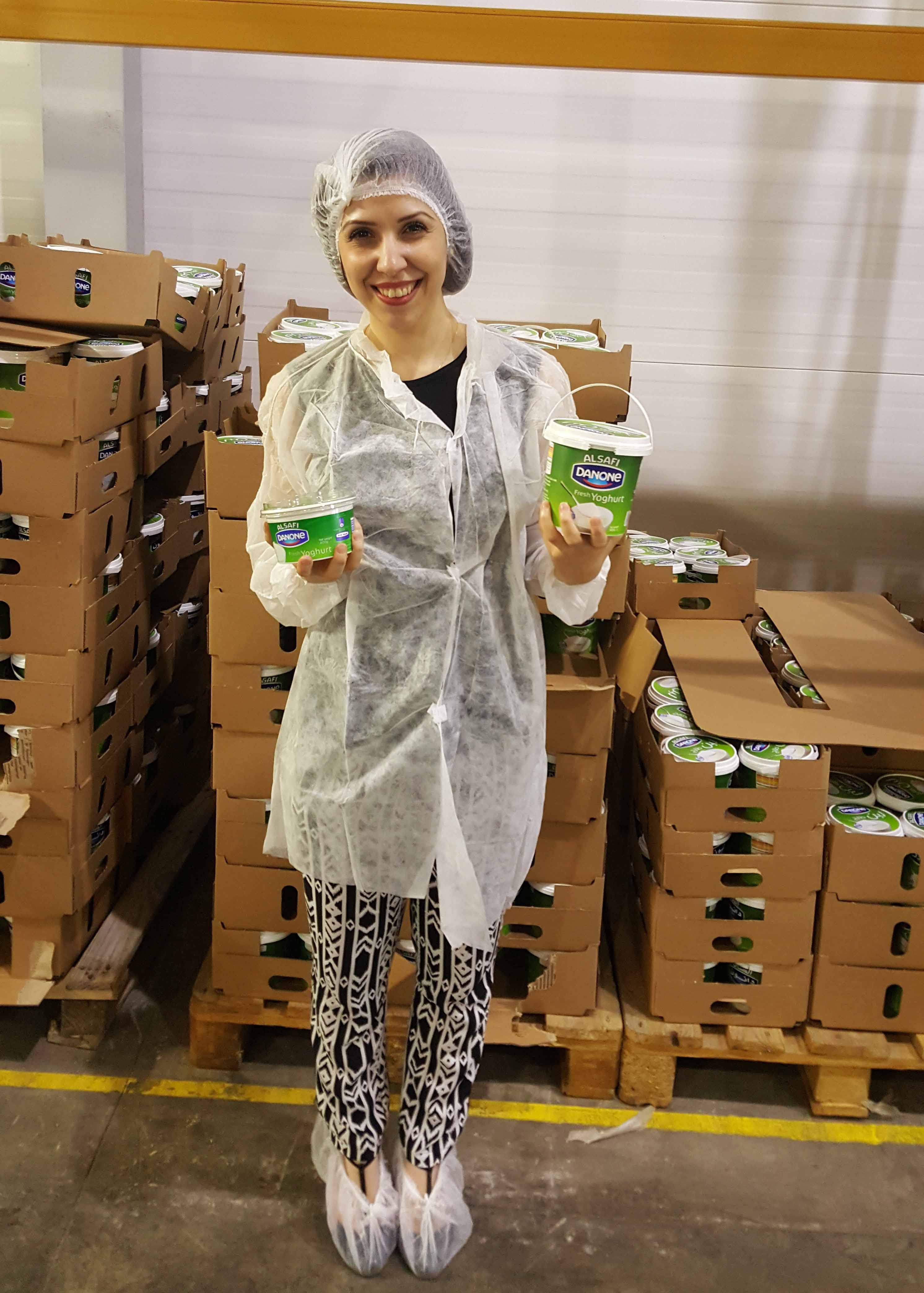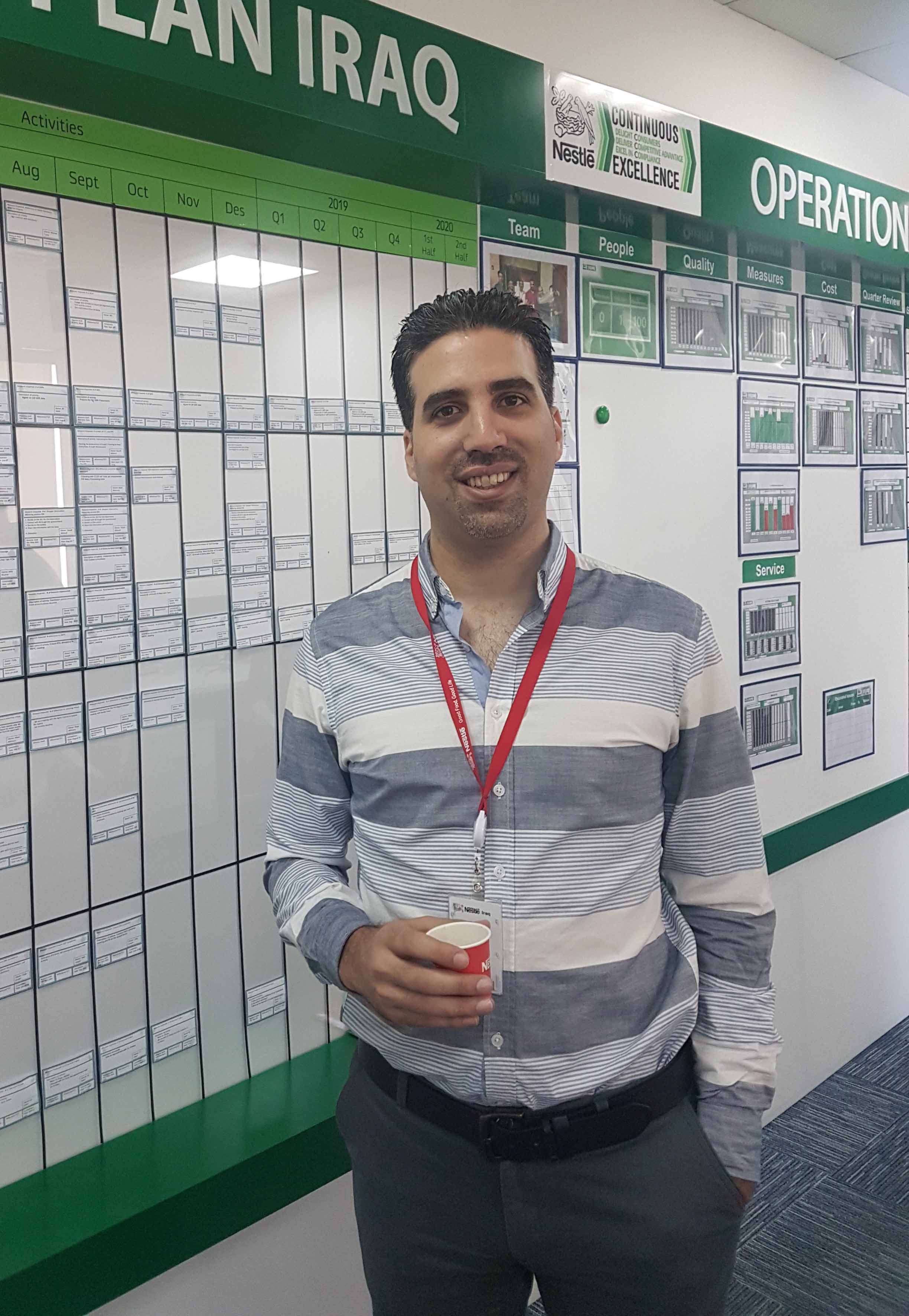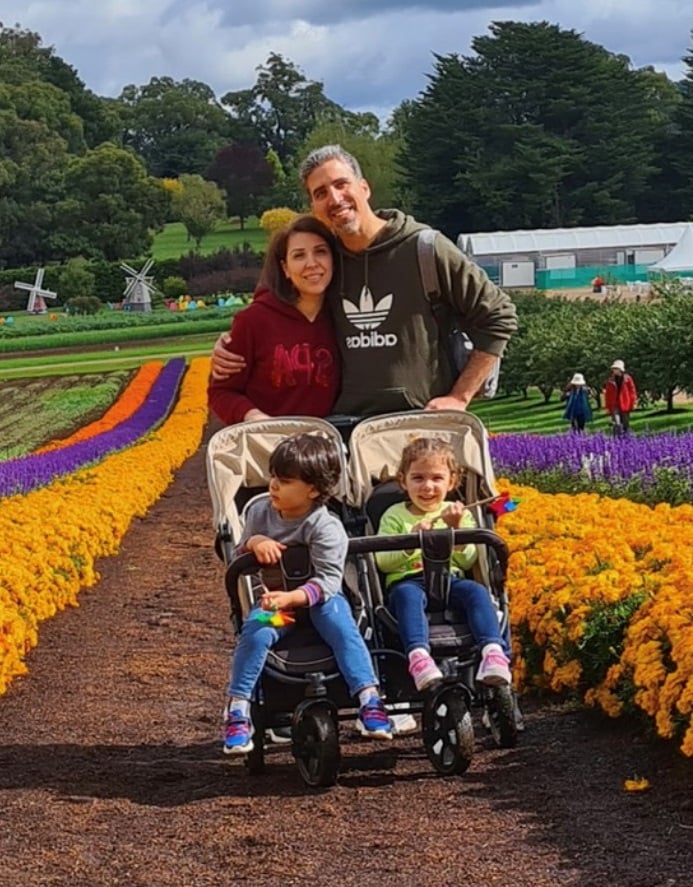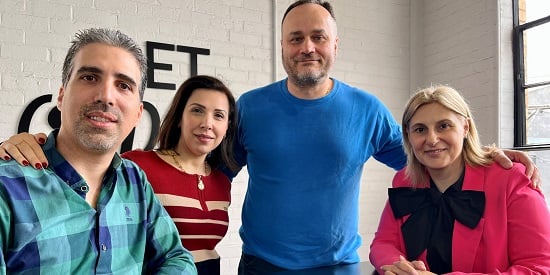Mentor program helps couples create career and cultural connections
Deakin news
When Ghadeer and Wael came to Australia this year they wanted a better life for their three-year-old twins. But coming to a new country threw up all sorts of challenges, navigating unfamiliar systems to secure rental accommodation, get a driver's license, organise childcare and most importantly, find a way to continue their careers.
The last part is where Georgegina and John came in. The two couples were recently matched together as part of a career mentoring program run by Deakin University's Centre for Refugee Education, Training and Employment (CREATE) and supported by the DECJUBA Foundation.
Ghadeer and Wael are originally from Syria but fled the war there and initially settled in Iraq, working in the finance teams at large multinationals. Once their twins were born though, they knew they wanted to find a safer place that would afford them more opportunities.
Arriving in Australia on a humanitarian visa in early 2023, a friend recommended they take part in a Deakin CREATE career clinic.
"Moving here has a lot of challenges. But the benefit of this program was enormous," Wael said.
"It's helped us expand our network, get more information about the Australian market and look for jobs," Ghadeer said.
"I consider myself so lucky because I got matched with Georgegina as a mentor. I was doing everything with her from scratch, my CV, my profile, and now I'm deciding if I want to do some further study before I go back to work."
Support for new Australians to find meaningful work
Georgegina is chief people officer at fashion retailer DECJUBA, so has a better understanding than most of recruitment in Australia. DECJUBA is a major supporter of Deakin CREATE, through its philanthropic arm the DECJUBA Foundation, and Georgegina has already volunteered as a mentor in two clinics.
John, whose job involves handling dispute resolution on financial firm complaints, was less sure about what he could offer a mentee. But he quickly discovered how much of his assumed knowledge was novel and important insight for someone completely new to the Australian employment market.
"It can just be little things, understanding that different cultures have different nuances and ways of doing things. Providing guidance can actually help a lot because if you're left to figure that out on your own it can take a long, long time," John said.
"You are just removing some of the barriers that you might not have even noticed because you take so much for granted in your own country," Georgegina said.
"When you apply for jobs, you already have a network, you know where to go. But when you're coming into a brand-new country you're starting from scratch.
"The thing that I love about this program is that it's the opportunity to connect with people and give back. I feel really privileged to contribute in a way that's meaningful."



TRANSITION: Ghadeer and Wael at work back in Iraq, and now enjoying family time in Australia.
Building benefits beyond the workplace
The clinic has helped Wael and Ghadeer shorten the time it's taken to build their confidence and local network.
"After working on my profile with John, I have had a few companies approach me on LinkedIn already. But I'm still exploring my options right now, trying to find the best opportunity that I can to continue my career," Wael said.
"I'm confident that in the next few months I will start my first job here in Australia."
The couples' mentor/mentee relationship has also quickly blossomed into friendship, with John introducing Wael to the joys of Aussie Rules (even successfully enlisting him as a North Melbourne supporter) and Ghadeer sharing some of her 'professional chef level' Syrian cooking.
It was during a recent AFL match with John that Wael saw the full potential of his family's transition to Australia.
"When we were at the game, during the break, I saw a lot of kids coming onto the field playing football and it was like 'wow, I want my kids to be playing there'," Wael said.
"It's these kinds of simple things that were only ever a luxury. Now they can be a reality. I knew then we were in the right place."
Deakin CREATE career clinics
Deakin's successful career clinics for refugees and asylum seekers are expanding with support from organisations like DECJUBA.
The program seeks to revolutionise refugee resettlement by focusing on meaningful and relevant employment that matches individuals' qualifications, skills, and goals.
Many refugees face barriers in the Australian job market due to unfamiliarity with visa conditions and hesitance to recognise overseas qualifications and experience. Deakin's program aims to address these challenges and educate both participants and employers about refugee rights to work.
The eight-week career clinics pair volunteer mentors with mentees to assist with career goals, networking, job searching, applications, and interview skills. So far, more than 800 mentees have participated, with 70 per cent finding meaningful employment or pursuing further education.
Deakin CREATE is looking to collaborate with more Australian organisations to continue to grow its workforce inclusion program. For more information visit https://deakincreate.org.au/.
Media contact
Share this story

Key Fact
Wael, Ghadeer, John and Georgegina.
